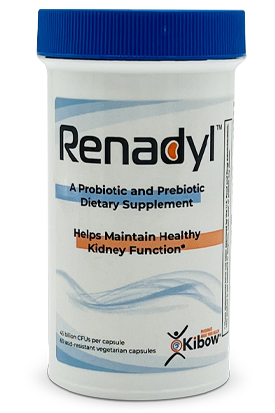Kidney Disease Risk Factors*
Although Chronic Kidney Disease(CKD) can be caused by primary disease of the kidneys themselves, it is most often a secondary effect of diseases like diabetes, hypertension, HIV, lupus, etc.
Diabetes
Diabetes is the primary disease most often associated with Kidney disease, That’s because elevated blood sugars over time can impair blood flow to the kidneys, causing damage. People with both Type 1 diabetes (once called juvenile onset) and Type 2 diabetes (once called adult onset, but now also increasingly common among preteens and teenagers) are at high risk for Chronic Kidney Disease(CKD) and should be tested regularly.
with Kidney disease, That’s because elevated blood sugars over time can impair blood flow to the kidneys, causing damage. People with both Type 1 diabetes (once called juvenile onset) and Type 2 diabetes (once called adult onset, but now also increasingly common among preteens and teenagers) are at high risk for Chronic Kidney Disease(CKD) and should be tested regularly.
Hypertension
Uncontrolled high blood pressure can cause kidney damage over time.
Atherosclerosis
Hardening of the arteries and the formation of plaque in the arteries that supplies the kidneys causes ischemic nephropathy, which can result in progressive kidney damage.
Glomerulonephritis
This disease causes inflammation and damage to the kidney filtration system and can result in kidney failure. Glomerulonephritis can be caused by lupus and from infections that follow injury or surgery.
Obstruction
An enlarged prostate often obstructs the flow of urine and may therefore possibly cause kidney stones.
Polycystic Kidney Disease
This is a hereditary disease that may cause cysts in both kidneys.
Analgesic Nephropathy
Long-term use of analgesics like acetaminophen (Tylenol®) and ibuprofen (Motrin®, Advil®) may cause CKD.
Other Causes
HIV infection, sickle cell anemia, heroin abuse, amyloidosis, chronic kidney infections and certain types of cancer can also cause CKD.
Reversible factors contributing to CKD It is possible that the following reversible components of renal insufficiency can be corrected especially in older persons (over 70) and in children:
- Dehydration
- Nephrotoxic agents such as acetaminophen and nonsteroidal analgesics
- Obstruction, especially chronic prostate enlargement and strictures.
- Reduction of blood pressure to 130/80 mm Hg. or better

 Renadyl™
Renadyl™